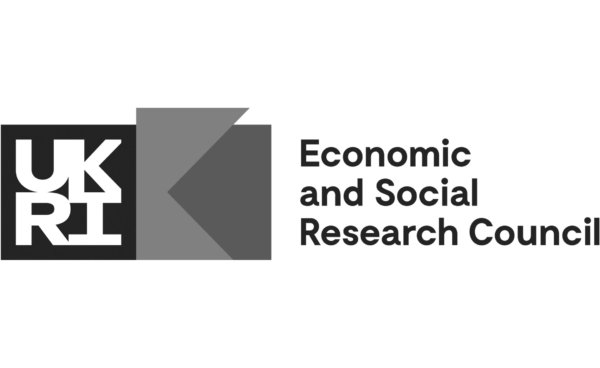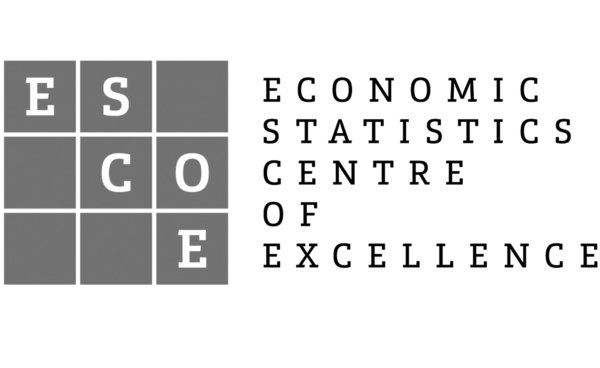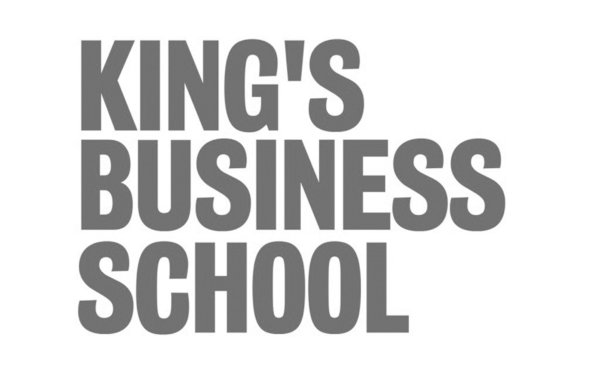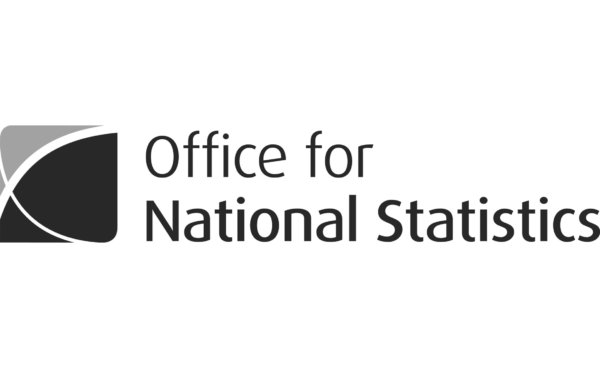We start by documenting a puzzle: management practices are robustly correlated with productivity, and management practices can change quickly in some firms, yet wide dispersion of management practices persist. So why do firms with weak management practices not catch up with the frontier? Using novel data from the second wave of the Management and Expectations Survey, we first provide new evidence on within-firm improvements in management practices. We then show that firms that exhibit interest in their relative ranking in terms of management practices are more likely to subsequently improve their management practices, even when they do not in fact receive the feedback. This suggests firms’ awareness of their potential shortcomings and willingness to improve are key barriers to improvement, as further confirmed by strong positive selection into a free management mentoring programme. Finally, we link the data to another novel data source, the Business Insights and Conditions Survey, to collect qualitative evidence on the subjective barriers firms face in improving their management practices.





